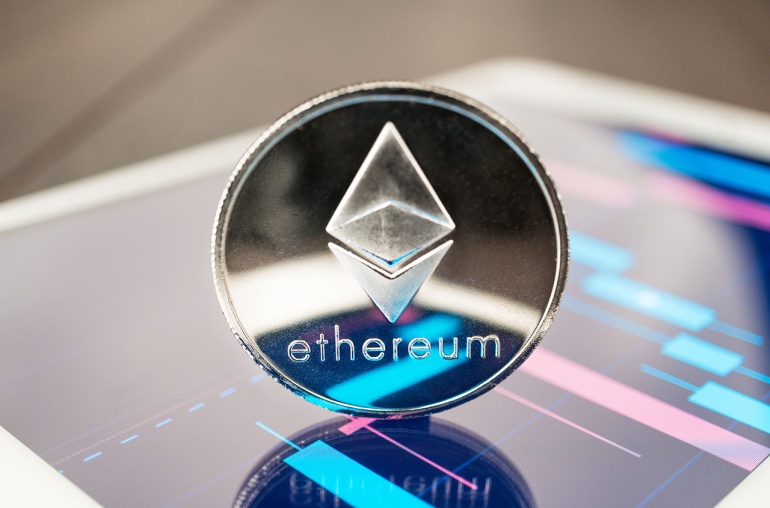The decentralized finance (DeFi) market continuously grows, bringing forward potential risk. Even though there are pitfalls and problems, the general demand remains unaffected. That’s mostly because DeFi holds immense potential since it’s transparent and automated. A decentralized platform challenges the core foundations of a financial market. Even though that’s beneficial, the risk dimensions involved in the DeFi market are still present.
One of the most prominent reasons the DeFi market is challenging to understand is because it doesn’t conform to the typical risks people see in financial markets. By replacing the intermediaries involved with automated technology, the DeFi industry achieves unprecedented levels of automation.
But that also introduces updated risk vectors.
DeFi Projects
DeFi risk can come from a certain project or an external party. In both ways, it can be unintentional and malicious. Internal risk can come from the actions of certain employees working on a project. This could be classified as a potential way to sabotage a person. Theft and fraud are genuine internal concerns, too. Even though coding mistakes are unintentional, not updating software can also create several risks.
An external risk for a DeFi project comes from an outside party. This could be a hacker or a business partner creating a data breach and other specialized attacks. While an outage is an unintentional risk, it’s not something many investors are prepared for.
Magnified Volatility
It’s important to understand that blockchain can’t eliminate the inherent risk of investing in general. An investor must take steps to churn out a return, but DeFi can create some potential hardships. While cryptocurrencies are notorious for being highly volatile, DeFi can elevate this.
Several DeFi services will facilitate the concept of leverage. This means that investors can borrow money and increase the chances of earning a profit, but they may also face a higher risk of losses.
There’s No Consumer Protection
In the absence of regulations and rules, the DeFi industry has thrived. However, this also means that an investor has little protection if an erroneous transaction happens. For example, in the centralized finance industry, the FDIC (Federal Deposit Insurance Corporation) reimburses people for up to $250,000 if their bank fails.
Moreover, every bank should hold a certain amount as its reserves. This helps keep the bank stable, and this also lets people cash out the money they’ve put into a bank whenever they want to. Protections like these don’t exist in the DeFi industry.
Requirements for a Private Key
With DeFi, you have to secure your wallet in which you’ll store your assets. A wallet is secured with a private key. These are long and unique codes that only the wallet owner knows. If you lose this key, you won’t be able to access your funds, and it’s impossible to recover a lost key.
Collateralization
Collateral is a thing of value you give to a loaner when you secure a loan. For instance, when you get a mortgage, your loan is collateralized by purchasing a home. Approximately every DeFi lending transaction will require collateral which is 100% of the loan amount (if not more). As a result, there’s a strict limitation on the eligible people for a DeFi loan.
Unexpected Crashes and Shocks
No matter how mature or regulated a financial market is, crashes and shocks can still happen. The whole world saw what happened during the 2008 global financial crisis. The economy nearly melted, but this risk is magnified in the DeFi industry. It’s easier to create a hidden connection that can blow spectacularly.
Flash Loan Attack
Flash loans are essentially a new kind of loan in the DeFi industry. To acquire these loans, a person does not need collateral. In the conventional banking model, you’ll find two kinds of loans:
- Secured loans
2. Unsecured loan
A secured loan needs specific collateral such as a car, an investment, a property, or any other that holds value. On the other hand, an unsecured loan usually involves a smaller amount of money, so it doesn’t require collateral. A bank can assess a person’s payback ability by checking their credit scores or studying the reports involved in the loan process.
A secured loan needs specific collateral such as a car, an investment, a property, or any other that holds value. On the other hand, an unsecured loan usually involves a smaller amount of money, so it doesn’t require collateral. A bank can assess a person’s payback ability by checking their credit scores or studying the reports involved in the loan process.
Flash loans are a significant threat in the DeFi industry since several unsecured loans are based on smart contracts. A flash loan uses a smart contract to eliminate all the risks involved with an unsecured loan. That said, a specific detail makes flash loans unique.
A borrower has to repay the complete amount in the same transaction; if they don’t, the lender has the power to roll back the transaction. In the DeFi industry, a malicious actor could use a flash loan to manipulate the market. Since lending protocols with DeFi are vulnerable (currently), an agent could manipulate them for personal interests.
The Future of DeFi
Whether you’re taking out the middleman involved in the process or whether you’re turning a football match clip into an asset with a monetary value, the future looks bright for DeFi. With time, investors will have more independence, letting them use their assets more creatively (with ideas that seem impossible today).
The DeFi industry contains several implications for the Big Data industry, too. As it matures, people will have more ways to commodify their data. It’s also essential to remember that even though DeFi presents new opportunities and risks, it aims to solve the same needs the traditional financial ecosystem targeted. Be salespersons or travel agents, people on the internet have continuously undermined the power of intermediaries.
DeFi is just another example of how an open standard tool can change the way the game is played drastically, even if there are risks involved. Over time, regulators in the USA and other countries are taking steps to mitigate these risks. For instance, the Financial Action Task Force (FATF) is pushing DeFi services to comply with all anti-money laundering requirements. Will this make a difference?
Only time can tell!




